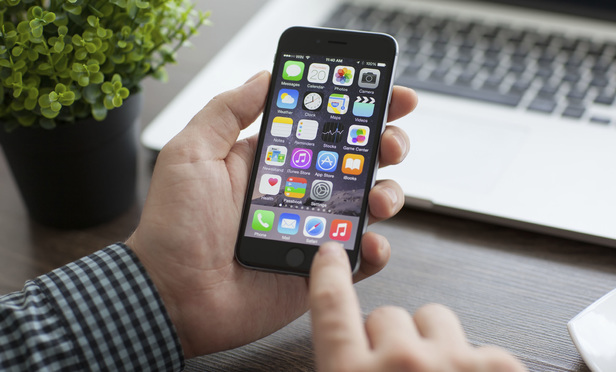The legal battle between Apple and the U.S. government to make it easier for the FBI to gain access to a locked iPhone spotlights some particular concerns for chief information officers. While some officials argue the steps the FBI wants Apple to take – by invoking the All Writs Act of 1789 – are just limited to a device connected to Syed Rizwan Farook, a suspect who died in the mass shooting that took place in San Bernardino, Apple cautions “there is no way to guarantee such control.”
Earlier this week, Sheri Pym, a federal magistrate judge in Riverside, Calif., ruled that Apple needs to provide “reasonable technical assistance” to the FBI so the auto-erase function on iPhones would be erased or disabled; the FBI can submit passcodes to the phones for testing; the submitted passcodes will not cause any additional delay; and if need be Apple will provide the government with remote access to the device through a computer so the government can conduct passcode recovery analysis.
This content has been archived. It is available through our partners, LexisNexis® and Bloomberg Law.
To view this content, please continue to their sites.
Not a Lexis Subscriber?
Subscribe Now
Not a Bloomberg Law Subscriber?
Subscribe Now
LexisNexis® and Bloomberg Law are third party online distributors of the broad collection of current and archived versions of ALM's legal news publications. LexisNexis® and Bloomberg Law customers are able to access and use ALM's content, including content from the National Law Journal, The American Lawyer, Legaltech News, The New York Law Journal, and Corporate Counsel, as well as other sources of legal information.
For questions call 1-877-256-2472 or contact us at [email protected]



